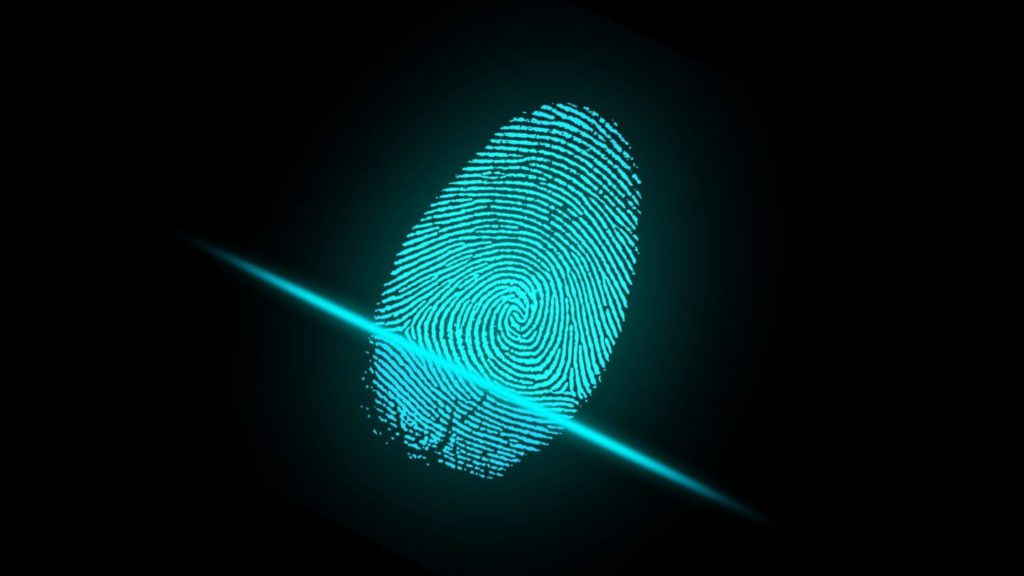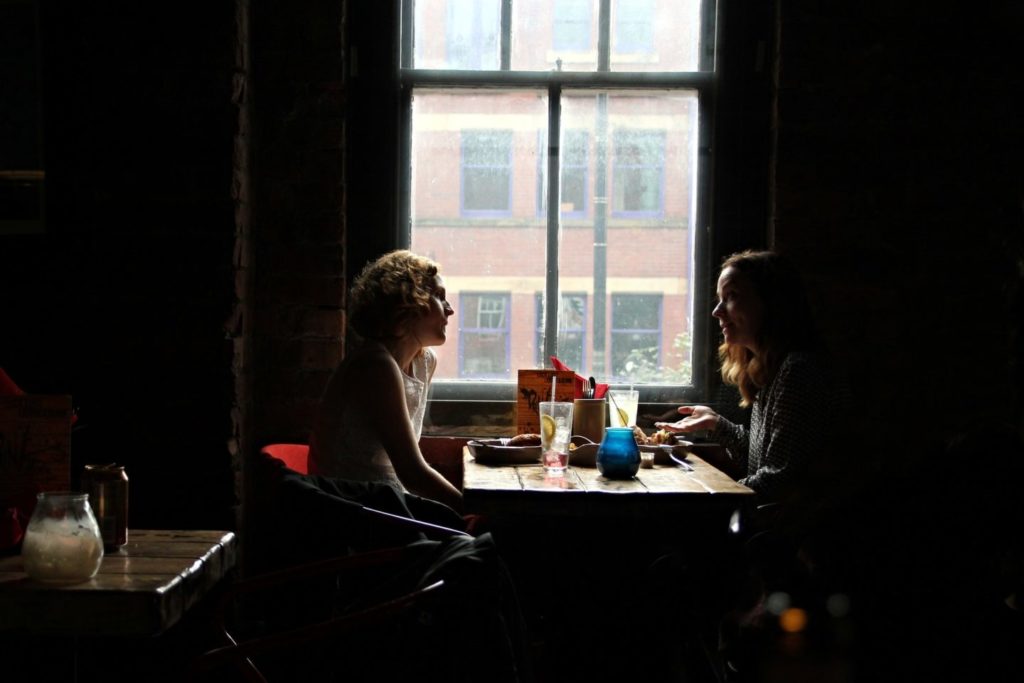Ceri Dawn Jackson, the BBC journalist behind hit podcast Shreds: Murder in the Dock, talks to us about what went on behind the scenes.
Shreds: Murder in the Dock is a crime and corruption themed podcast made for BBC Sounds (though you can listen to it on other podcasting apps, too). It’s about the murder of a Cardiff woman, Lynette White, in 1988, and the ensuing criminal injustice that saw the “Cardiff Five” sent to prison for a crime they didn’t commit. Listen to Shreds here.
This is part 2 of the interview between Ceri and Sprout podcast hosts Ed and Tom. You can listen to the podcast in the link below, or read on.
Read Part 1 of the Interview here.
Ed: I want to hear about the ethics of true crime as a concept. What did you have to keep in mind when working on Shreds?
Ceri: My sensitivity with this story was Lynette White’s family. Through no fault of their own, they have become caught up in one of the biggest scandals in legal history. A family which loses a loved one is usually given peace and quiet to remember her in their own way, and they have always been denied that. Also, she is only remembered as being a Cardiff prostitute. That must have tore at an open wound for them for years. You can’t overstate how they’ve suffered. If you could spare them that, you would, so all you can do is be sensitive. Think: if this was my own family, how would I want a journalist to go about this?
Ed: Why do you think there has been a surge in interest in the true crime genre?
Ceri: I think it has been spurred by Making a Murderer. The true crime genre has always been popular for the publishing houses. People are fascinated with the darker side of life and it’s a way of exploring or ruminating on it, from a safe place. You constantly need to have that ethical head on you: these are people’s lives.
It’s taken documentary and made it more about the story, less about the politics and the issues. It’s just presented and told the story in a much more engaging way.

Crime has long fascinated audiences the world over.
Ed: There is an ethical debate among those who watch and read true crime content. When I was in school they taught us about Ian Brady and Myra Hindley.
Tom: We didn’t do that in my school!
Ed: It was in RE, and yes, it was completely different from everything else. I read a great book called Witness, written by a major witness in the prosecution of the two of them. You have to draw a line though. Certain books place killers on a kind of pedestal.
Ceri: It becomes very voyeuristic.
Ed: There is even a book you can read in Cardiff Library, that was written by Ted Bundy. You can get a look into the mind of a killer. I think you need to draw the line there.
Ceri: With the Yorkshire Ripper, there is a social history there. There was an excellent BBC documentary which explored how that led to wholesale change within UK policing. There are things we have to understand about how came things came about and how we do things now: are there better ways of doing things?

Building relationships? Go for a coffee and get the story out.
Tom: How did you track down your interview subjects?
Ceri: Tony Parris and John Actie: I approached them in person. What people don’t appreciate about journalism is that it’s about building relationships. You can get a quote from somebody, bowl away and that’s it. But if you want them to divulge detailed information, they won’t do it on first meeting you.
Tom: It must be good to have the investigative time and budget afforded by the BBC.
Ceri: Shreds was done on a very small budget. It’s my time, basically. In any long form exercises where you want it to be quality, you have to invest more time than you necessarily would, whether it’s writing or a podcast. It’s not about money once you get past the initial audio equipment.
Ed: How long, then, did it take you to make Shreds?
Ceri: About a year, but not of normal working. Seven days a week working. Until, finally, you have a handle on it all, and can see a clear narrative. I worked on other stuff as well, but exclusively on Shreds from November onwards.
It’s an iterative process. I write the script, build the programme, but then it’s constantly being changed, constantly being replaced. We should bring in this or that, the music isn’t right, we want it to be better.

It’s recommended to listen to Shreds through headphones.
Tom: Tell us about working with an audio engineer (Cathy Robinson).
Ceri: It was a collaboration between news and drama. It was about a story, rooted so much in news, being given the freedom which would interest people who aren’t into news headlines. What I loved about the podcast platform is breaking the rules. You think there might be a lack of interest in orthodox radio stations, but it’s so brilliant to see this in-depth thing emerge, where people want to connect on an emotional level.
My interest has always been in journalism, but mainly in writing. I’ve not been into podcasting. A lot are very presenter led, and whilst many podcasts do that well, I didn’t want to copy someone else. I wasn’t comfortable with that. I’d have sounded derivative. So find what makes you comfortable, find your personal style of delivery and go with that.
Ed: in documentaries, the film-makers always have to work out how deeply to get themselves involved. What I liked in Shreds is all the different voices and styles.
Ceri: I like documentary when it’s not commentary led. In the field of audio, without moving pictures, that’s much more challenging. What I did is use my voice to clarify things factually, and move things on. I was never mic’d up during interviews. What we did is sit down and have those conversations in somebody’s living room.
Tom: And finally… What’s the next case?
Ceri: It’s such a difficult story to follow. If Shakespeare had written a play about this story, it would have been his best one. It’s difficult: to churn them out would be a mistake, because you want them to be distinctive and to resonate with people. I think I’ll know it when I come across it.
Read Part 1 of our interview with Ceri here.
Listen to the podcast on Radio Platfform’s Mixcloud here.
For an interview with another Cardiff historian, try reading our chat with Peter Finch.
Read up on the Law and Your Rights at our Info section.




